Push Rod Sensor Size
Push Rod Sensor Market Growth Projections and Opportunities
The Push Rod Sensor Market is influenced by a myriad of market factors that play a crucial role in shaping its dynamics. One of the primary drivers is the increasing demand for advanced sensing technologies across various industries. As industries continue to embrace automation and the Internet of Things (IoT), the need for efficient and accurate sensors, such as push rod sensors, has risen significantly. These sensors find applications in diverse sectors, including automotive, aerospace, healthcare, and manufacturing, where they play a pivotal role in monitoring and controlling various processes.
Moreover, the automotive industry's growth has a substantial impact on the push rod sensor market. With the evolution of electric vehicles (EVs) and the increasing emphasis on fuel efficiency, there is a growing demand for sensors that can enhance the performance and safety of these vehicles. Push rod sensors, with their ability to provide precise measurements and reliable feedback, are increasingly becoming integral components in modern automotive systems.
Another critical factor influencing the push rod sensor market is the ongoing advancements in sensor technology. As technology continues to evolve, sensors are becoming more sophisticated, offering improved accuracy, sensitivity, and durability. This technological progress not only enhances the capabilities of push rod sensors but also fosters innovation in their applications. Manufacturers are continually investing in research and development to stay ahead in the competitive landscape and meet the evolving needs of different industries.
Global economic conditions also play a vital role in shaping the push rod sensor market. Economic stability and growth contribute to increased investments in infrastructure, manufacturing, and automotive sectors, thereby driving the demand for push rod sensors. On the contrary, economic downturns or uncertainties may lead to a slowdown in industrial activities and a temporary dip in the demand for sensors.
Additionally, environmental regulations and sustainability initiatives are increasingly influencing the push rod sensor market. Governments worldwide are imposing stringent regulations to reduce emissions and enhance energy efficiency. In response, industries are adopting cleaner technologies, and sensors like push rod sensors aid in monitoring and optimizing these eco-friendly processes. The growing emphasis on sustainability is expected to drive the adoption of push rod sensors across various sectors.
Competitive dynamics within the market also significantly impact its trajectory. The presence of numerous players, each striving to innovate and offer cost-effective solutions, fosters a competitive environment. Companies are focusing on strategic partnerships, mergers, and acquisitions to expand their product portfolios and global presence. This competitive landscape encourages continuous improvement in push rod sensor technology and enhances its accessibility to a broader market.
Lastly, the push rod sensor market is influenced by factors such as consumer preferences, technological awareness, and the overall trend towards digitalization. As consumers become more tech-savvy and industries embrace digital transformation, the demand for advanced sensors is likely to witness sustained growth.
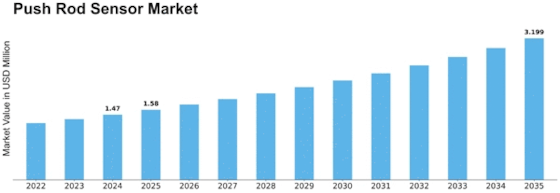

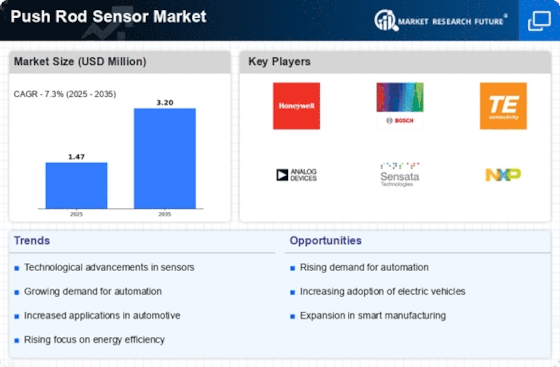
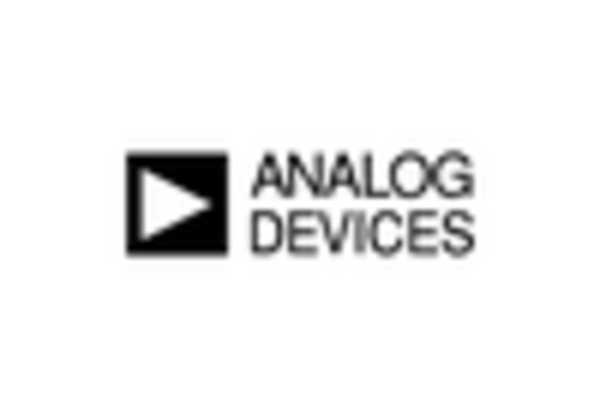


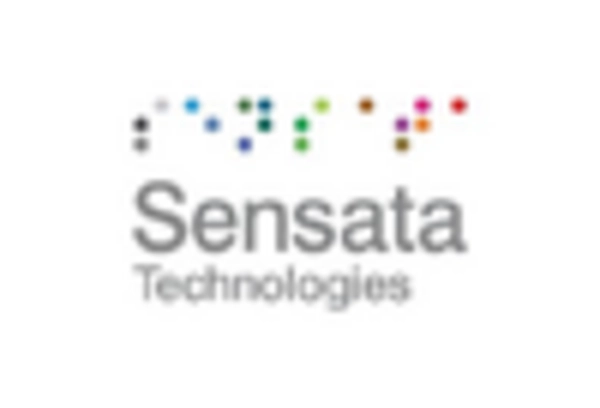
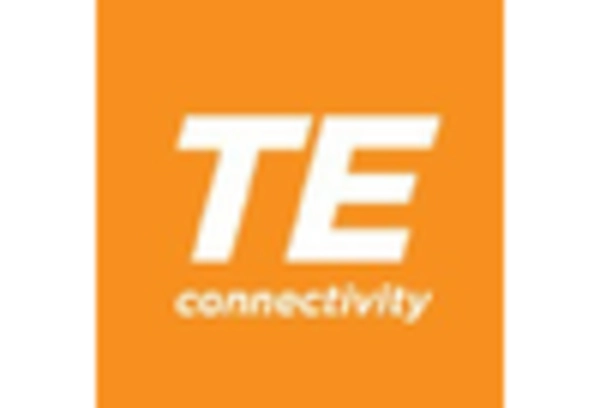









Leave a Comment